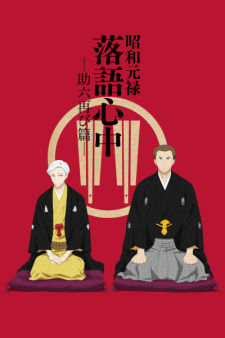
Shouwa Genroku Rakugo Shinjuu: Sukeroku Futatabi-hen
Summary: Even after having risen to the utmost rank of shin'uchi, Yotarou struggles to find his own identity in the world of rakugo. Caught between his master's teachings and the late Sukeroku's unique style, his performance lacks an important ingredient—ego. And while his popularity packs the theaters, he is but one of the few; rakugo is under threat of being eclipsed.
Meanwhile Yakumo, regarded by many as the last bastion of preserving the popularity of rakugo, struggles to cope with his elderly state. Even though his performances are still stellar, he fears that he is nearing his limits. His doubts grow stronger as an old friend creeps ever closer. Konatsu, for her part, attempts to raise her son as a single mother, which Yotarou is heavily opposed to. Instead, he seeks to persuade her to marry him and in turn raise her son as his own.
In Shouwa Genroku Rakugo Shinjuu: Sukeroku Futatabi-hen, the curtains fall on Yotarou and Yakumo's story, tasked with restoring the near-obsolete art form as well as overcoming their internal conflicts.
[Written by MAL Rewrite]
Description
Even after having risen to the utmost rank of shin'uchi, Yotarou struggles to find his own identity in the world of rakugo. Caught between his master's teachings and the late Sukeroku's unique style, his performance lacks an important ingredient—ego. And while his popularity packs the theaters, he is but one of the few; rakugo is under threat of being eclipsed.
Meanwhile Yakumo, regarded by many as the last bastion of preserving the popularity of rakugo, struggles to cope with his elderly state. Even though his performances are still stellar, he fears that he is nearing his limits. His doubts grow stronger as an old friend creeps ever closer. Konatsu, for her part, attempts to raise her son as a single mother, which Yotarou is heavily opposed to. Instead, he seeks to persuade her to marry him and in turn raise her son as his own.
In Shouwa Genroku Rakugo Shinjuu: Sukeroku Futatabi-hen, the curtains fall on Yotarou and Yakumo's story, tasked with restoring the near-obsolete art form as well as overcoming their internal conflicts.
[Written by MAL Rewrite]
Available At
Warning: Array to string conversion in /home/hianime.me.uk/public_html/anime.php on line 243
Array
Shouwa Genroku Rakugo Shinjuu: Sukeroku Futatabi-hen Trailers
Shouwa Genroku Rakugo Shinjuu: Sukeroku Futatabi-hen Pictures
Shouwa Genroku Rakugo Shinjuu: Sukeroku Futatabi-hen Review
Shouwa Genroku Rakugo Shinjuu: Sukeroku Futatabi-hen — Even after having risen to the utmost rank of shin'uchi, Yotarou struggles to find his own identity in the world of rakugo. This overview is intentionally spoiler-free and focuses on tone and intent rather than plot specifics.
Thematically, It sits firmly within Drama conventions as a TV work and has garnered attention (MAL score: 8.7). This work explores character dynamics, tonal shifts, and the interplay between narrative ambition and execution. The story's pacing and tonal choices are crafted to complement the central ideas, often emphasizing atmosphere and emotional truth over explicit exposition. The show's ability to evoke a consistent mood — whether melancholic, exuberant, or contemplative — is a recurring strength, and the scenes are constructed so viewers can infer stakes without needing explicit spoilers.
Characterization is a core pillar here. Protagonists and supporting figures are written with distinct motivations and narrative roles; even when archetypal, the series invests in small behavioral details that make choices feel earned. Character arcs are handled with an eye for gradualism: development often arrives through incremental beats rather than abrupt, expository shifts. The interactions between characters create texture, and relationships are used to illuminate both personal flaws and larger thematic concerns.
On the visual front, production values play a significant role. The animation quality varies by sequence but frequently showcases thoughtful direction and composition. Background art, framing, and color palettes are used deliberately to support tone — quieter scenes favor muted palettes while action or heightened emotional beats employ brighter, more kinetic visuals. Direction choices, such as camera movement and shot selection, often elevate scenes beyond their raw script, creating moments that linger in the viewer's mind.
The soundscape — score, incidental music, and sound design — complements the visual language. Music cues are placed to maximize emotional resonance without manipulating the audience with melodrama; this restraint often leads to more authentic emotional payoff. Sound design punctuates key moments, and when the series leans on silence, those quieter moments are given weight by measured audio choices.
Pacing and structure are handled with craft. Episodes are arranged to build tension and release methodically, and the narrative rarely rushes through important emotional beats. That said, the deliberate pacing may feel slow to viewers who prefer faster plot turnover; the reward is greater nuance and an accumulation of meaning across the series. Accessibility is generally good — one can appreciate surface-level pleasures, while repeat or attentive viewing reveals additional layers.
No title is without flaws. Occasional unevenness in subplots or variable animation across episodes can be distracting. Some tonal shifts might feel abrupt if you expect uniformity; others will argue that those shifts are purposeful. These are worth noting, but they seldom undercut the larger achievements of the work.
In sum, Shouwa Genroku Rakugo Shinjuu: Sukeroku Futatabi-hen offers a rich experience for viewers who value character-driven storytelling, considered visual design, and a soundtrack that supports rather than overwhelms. For fans of Drama, this is an especially rewarding watch. It's recommended for those who appreciate layered narratives and artistry in animation, and best approached with patience and attention to nuance.
Characters & Voice Actors

Yotarou
Main

Yuurakutei, Yakumo
Main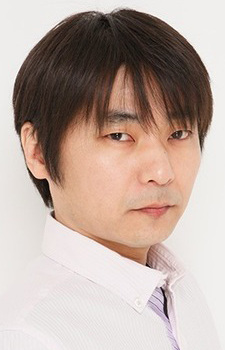

Amaken
Supporting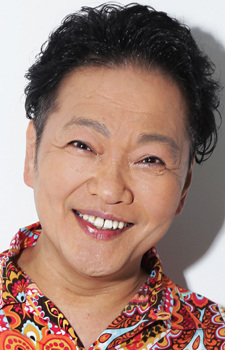

Ani
Supporting

Higuchi, Eisuke
Supporting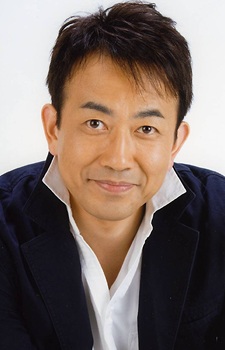

Kido, Isao
Supporting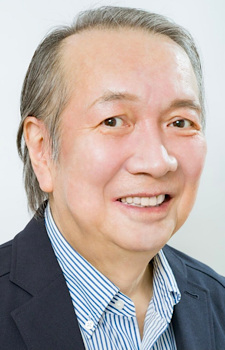

Konatsu
Supporting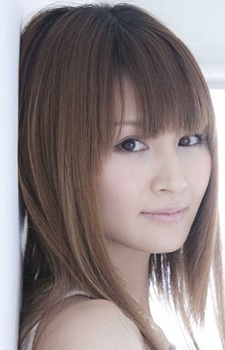

Kotaro
Supporting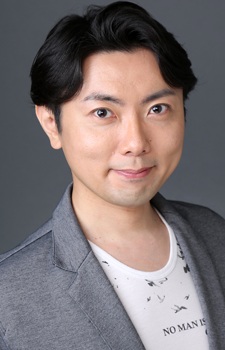

Koyuki
Supporting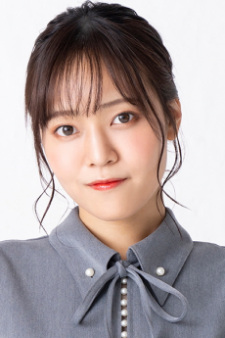

Matsuda
Supporting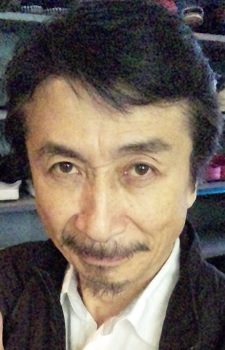

Miyokichi, Yurie
Supporting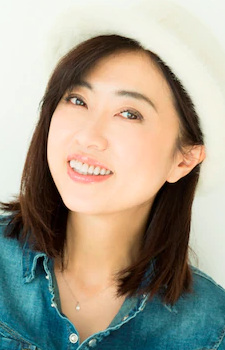

Oei
Supporting

Shinnosuke
Supporting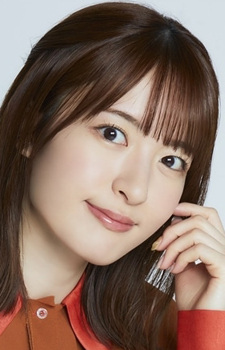

Shinnosuke
Supporting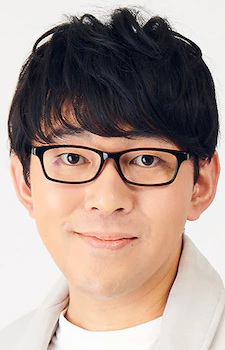

Tsuburaya, Mangetsu
Supporting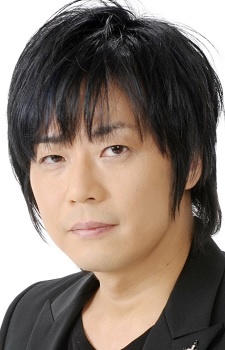

Yakuza Boss
Supporting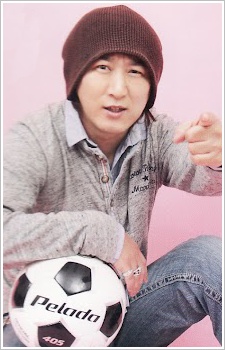

Yuurakutei, Sukeroku
Supporting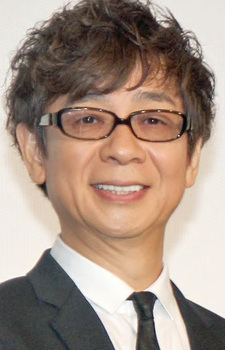
Staff

Kamei, Hiroshi
Producer

Urasaki, Nobumitsu
Producer

Yada, Shouko
Producer

Yamazaki, Yoshihiko
Producer

Hatakeyama, Mamoru
Director, Episode Director, Storyboard
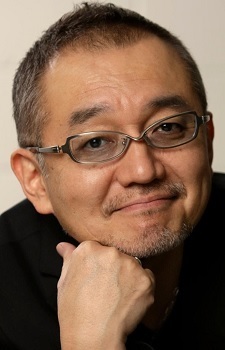
Tsujitani, Kouji
Sound Director

Abe, Masashi
Episode Director

Abe, Yuujirou
Episode Director

Andou, Takashi
Episode Director

Kimura, Nobukage
Episode Director, Storyboard

Kubo, Tarou
Episode Director

Kuboyama, Eiichi
Episode Director

Shimizu, Kazunobu
Episode Director

Shirahata, Bob
Episode Director

Watanabe, Hiroshi
Episode Director, Storyboard

Kakihara, Yuuko
Script

Kumagai, Jun
Script, Series Composition

Machida, Touko
Script

Nakanishi, Yasuhiro
Script

Matsushita, Yukihiro
Storyboard